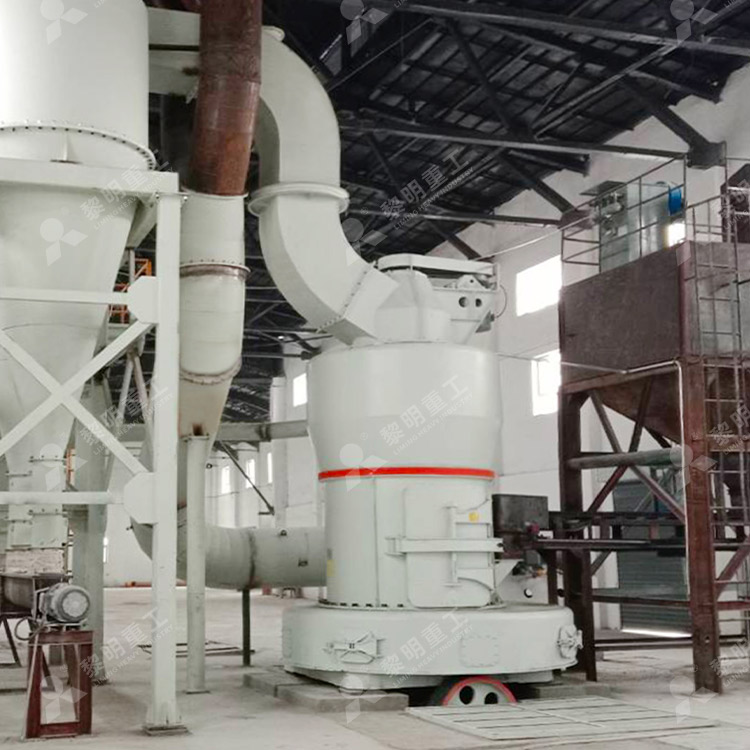Optimizing the 325-Mesh Construction Gypsum Powder Grinding Mill
The production of high-quality 325-mesh construction gypsum powder is critically dependent on the performance and efficiency of the grinding mill. This specific fineness is a key industry standard, balancing excellent workability, high strength, and smooth surface finish in final applications like plaster, joint compound, and gypsum boards. Therefore, optimizing the grinding process for this target is paramount for manufacturers seeking superior product quality and operational profitability.
Modern mills designed for this purpose, such as advanced Raymond Mills or Vertical Roller Mills, offer significant advantages over traditional equipment. Optimization begins with precise control over grinding parameters, including roller pressure, grinding ring design, and classifier speed. The classifier is particularly crucial; its RPM must be meticulously calibrated to ensure that the majority of the output consistently meets the 325-mesh (approximately 45 microns) specification, minimizing both over-sized particles and excessive super-fines.
Furthermore, integrated drying systems are essential for handling gypsum with varying moisture content. An efficient air-heating system ensures the raw material is dried during the grinding process itself, preventing clogging and ensuring optimal grinding efficiency. This not only improves throughput but also reduces energy consumption per ton of product.
In conclusion, an optimized 325-mesh gypsum grinding mill is not just a single machine but a finely tuned system. By focusing on precise classification, integrated drying, and intelligent operational parameters, producers can achieve a consistent, high-purity powder that meets stringent construction material standards, thereby enhancing market competitiveness and ensuring sustainable production.





